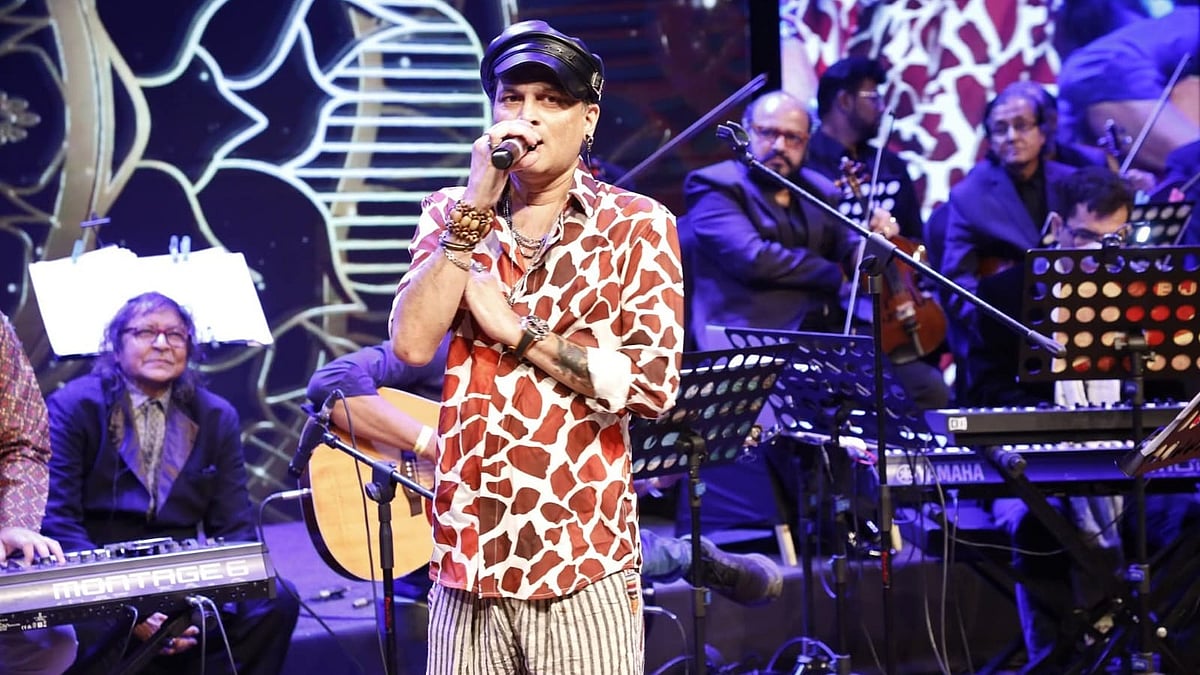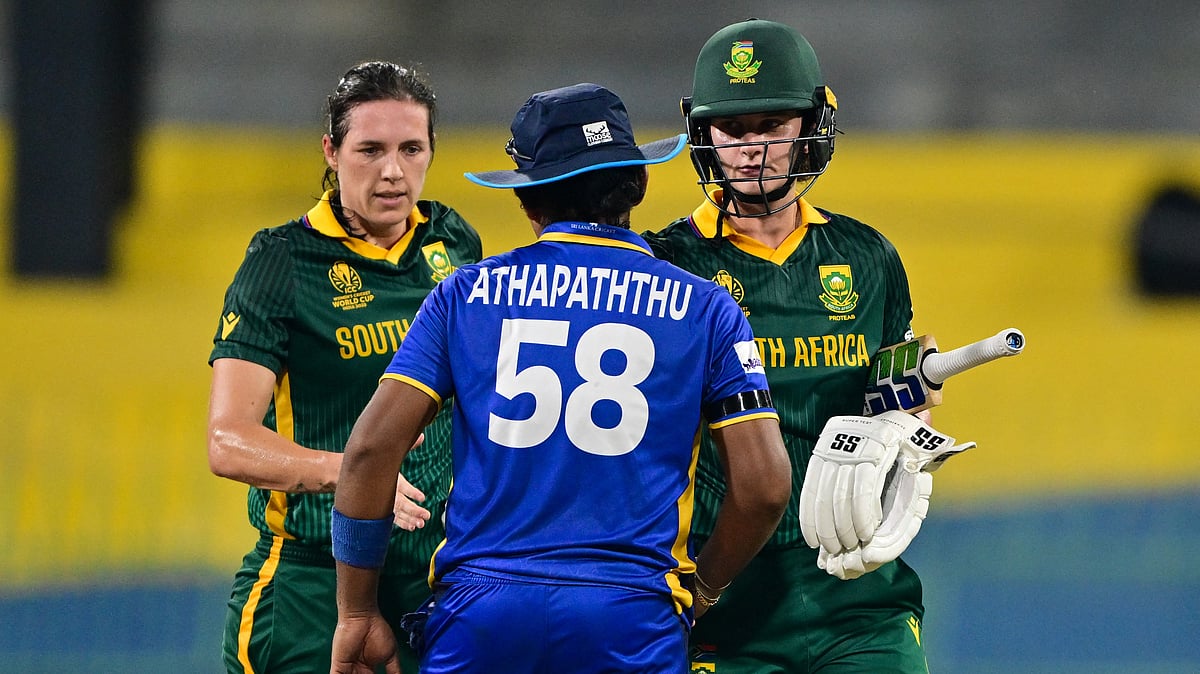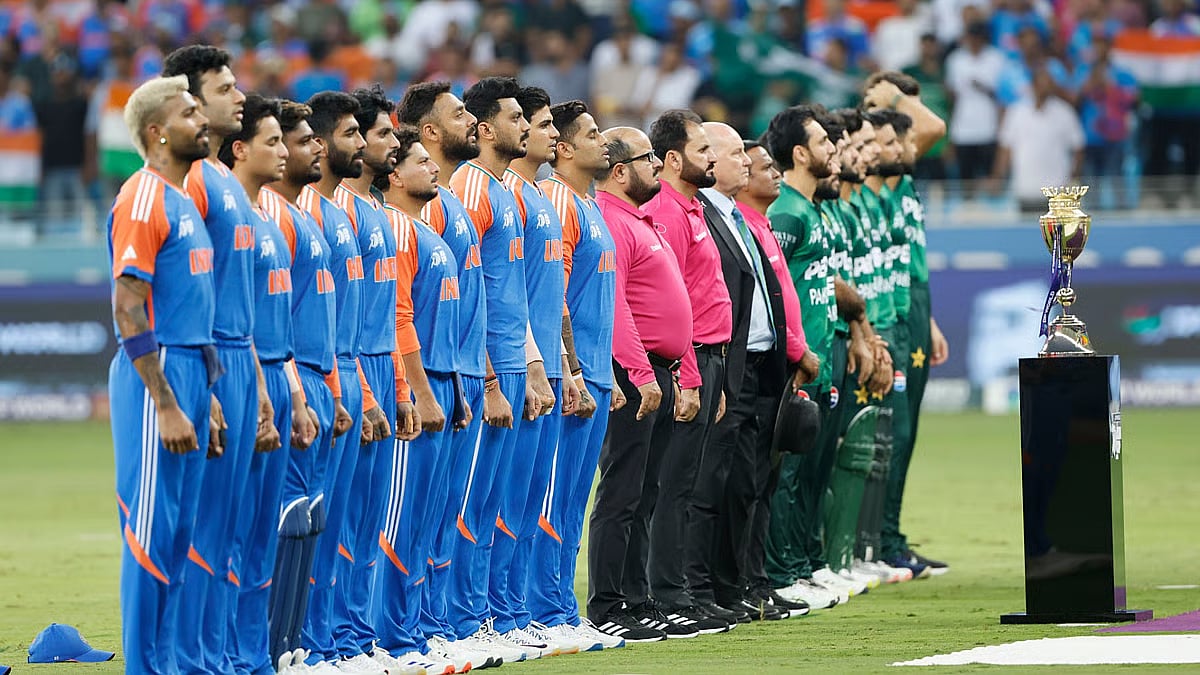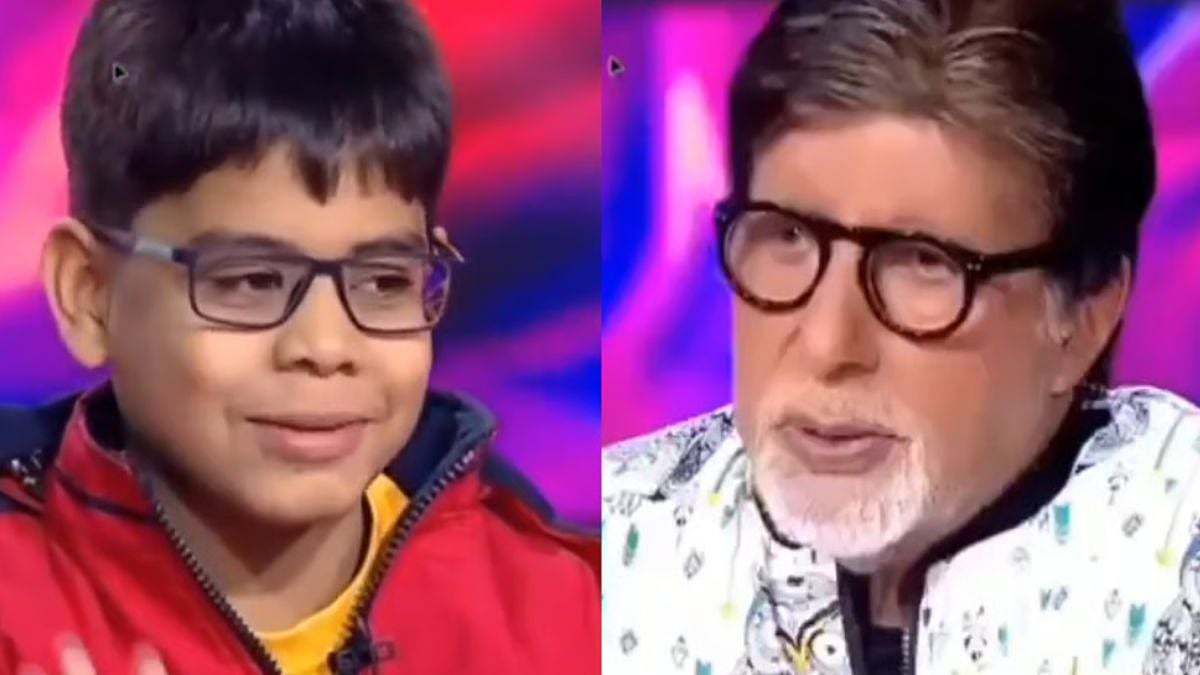A ‘creditable’ aspect of the recent National Credit Framework (NCF) policy is the creditising of Indian Knowledge System(s). Whether the interest in a relook at India’s legacy of knowledge results from an ideological re-orientation within academia is immaterial; it is a positive step, and the only question is that of making resources available to support learners.
The National Education Policy of 2020 made the very pertinent point that students must emerge with a pride in being India, from a system rooted in the Indian ethos. The NCF has sought to carry forward that vision, by declaring that students who choose to study the 18 major ‘vidyas’ (the Vedic corpus, nyaya, astronomy, linguistics, etc) and 64 ‘kalas’ (applied sciences/arts) can earn credits. Given that the vast body of Indian knowledge is largely secular rather than liturgical, the move is welcome.
The interest in Indian knowledge systems predates the NEP by several years. In the new millennium, talk of liberation from Eurocentricism – the idea that the history of scientific thought began with the Greeks and leaped straight into the Enlightenment and the Industrial Revolution – has gathered force. The NEP and NCF have, to some extent, given expression to the shift in academic thinking.
In future, it may be possible to go even further. Disciplines under the broad head of Indian Knowledge Systems cannot be confined to technical education alone. Unlike Europe, where schoolgoers are exposed to Aristotle, Plato, Descartes, John Locke and so on in high school, Indian children are rarely taught about our home-grown philosophical traditions, be it vaisheshika, nyaya, mimamsa or samkhya. Making philosophy a mandatory subject in school could well equip children to think analytically. One of the arguments in favour is that it would not only connect them with their legacy but serve to improve cognitive development.
The interest in Indian epistemologies has been a long time coming and will take a bit longer. There’s no ignoring the fact that most students still end up with little knowledge of, or pride in, the contributions of Indian scholarship. Consider that every contemporary school-goer knows of Satya Nadella and his ilk – the Indians at the cutting-edge of technology – but how many non-STEM students are aware of a Satyendra Nath Bose or a Subramanyan Chandrasekhar (unless, like Jagadish Chandra Bose, Srinivasa Ramanujan and C V Raman, they are fortunate to have numerous institutions across the country named after them)?
For decades, students have emerged from schools and colleges without so much as a mention of Baudhayana, Kanada, Panini, Bharata, Brahmagupta or Madhava. India’s thought leadership of the ancient and medieval world, and her contributions to mathematics, architecture, the performing arts, wellness, philology, engineering, etc have been largely overlooked in our syllabi, other than a passing mention of Aryabhata and his ‘zero’.
Even now, acknowledgment of India’s heritage stems from western scholarship. Panini, for instance, has long been regarded as the father of linguistics. Knowledge of Sanskrit and the study of the Ashtadhyayi was a tradition among serious scholars in the field, from Ferdinand de Saussure and Leonard Bloomfield onwards. Likewise, the history of mathematics now demands mention of Baudhayana, Aryabhata, Brahmagupta and Madhava, and students learn of the ‘Madhava-Leibniz’ and the ‘Madhava-Newton’ number series.
Baudhayana’s mention of the Pythagorean principles may well have predated the Greeks, Kanada’s vaisheshika may have posited atomic theory centuries before Democritus and Madhava of Sangamagrama may have laid the groundwork for calculus priot to Newton (although the Mesopotamians may have beaten India to the ‘zero’ punch). The point is the long-overdue recognition of the fact that India’s contributions to mathematics are not limited to Aryabhata, or the quadratic equations of Brahmagupta.
The same applies to other fields of knowledge, like history or agriculture. Author Francois Gautier wrote last year that “history textbooks mostly speak about the Mughals who reigned for only two hundred years, whereas the Cholas ruled for well over a thousand years, the Ahom kingdom for 700 years, the Vijayanagar empire for 400 years”. And despite the buzz about ‘organic farming’ all over the world, few adults – let alone children – are told that Sir Albert Howard’s An Agricultural Testament, regarded as a seminal text on organic farming, was based largely on traditional Indian agricultural practices. Or that the United Nations’ ‘Sustainable Development Goals’ are in absolute consonance with Indian Knowledge Systems.
The focus on and investment in STEM (Science, Technology, Engineering, Mathematics) should not detract from the need to make academic resources available to those who wish to pursue Indological studies and related disciplines. The ancient and medieval corpus in Sanskrit and other Indian languages is massive, and calls for more research, not less. So, while NCF’s move is welcome, it is for universities to ensure that academic resources are available to learners.
Bhavdeep Kang is a senior journalist with 35 years of experience in working with major newspapers and magazines. She is now an independent writer and author










